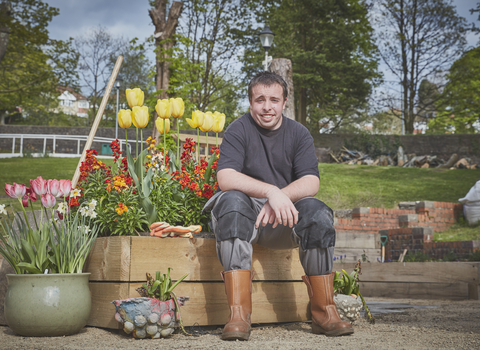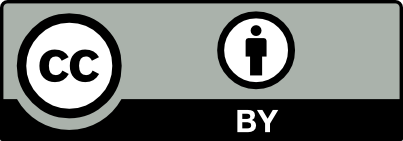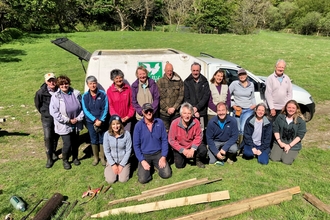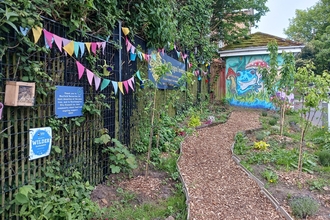Setting up a basic community group
The easiest group to set up is called an “unincorporated association”. You need to write a “constitution” or “governing document”. This is a list of rules for the group. It also says what your group’s going to do, and how it’s going to do it.
This kind of group:
- isn’t a charity (although you can set up a charity if you want to. Make sure you get the right advice if you want to be a charity, because there are different sorts, and this will depend on where you are.)
- isn’t a separate legal structure, which means the group can’t enter into a contract or own property - but individual members can.
- has members who vote on what the group should do
- if the group changes, it can become a different type of group or a charity later.
Writing a constitution (for groups which are not charities):
- Decide on a name for your group.
- Write down your aims – what do you want the group to do? Where does the group work, who will the group help, and how will the group help them?
- Memberships. Who is a member? Do members pay a fee? How can people join the group? How can they leave the group?
- Equal opportunities. You might call this Equality, Diversity, and Inclusion. Write about how you will make sure no one is left out.
- Will you have a committee? A committee is a group of people who run the group. The group usually votes for them every year. You don’t have to have a committee. You can share the jobs and take turns. If you do have a committee, how many people will be on the committee, and what will they do? Some committee jobs are Chair (leads the meetings), Secretary (writes down what is said at the meeting), Treasurer (looks after the money). Other jobs include Press Officer (sends stories to the newspapers and answers their questions), Fundraiser (raises money), Membership Secretary (looks after the members).
- If you don’t have a committee, then the whole group runs itself, but you’ll need to decide who looks after the money, and who’ll make notes at a meeting.
- Meetings. Every year, you’ll need to have an AGM – Annual General Meeting. Everyone can come, and you’ll tell everyone what the group has done, and how much money has been spent. If you have a committee, then they’ll be voted for. Write down in your constitution how you want the meetings to be run. Will you vote on decisions or try to “reach a consensus” by talking about it until everyone agrees?
- Finances. You need to write down how you’ll handle money. Make sure you have a bank account just for the group. It’s best to have three people who are called “signatories” which means that there are always two people to agree on payments. You’ll need to keep records of money going in and out, and have a statement to show at the Annual General Meeting. You also need to make sure that if you raise any money, it’s only allowed to be spent on the aims of the group.
- Changing and ending the constitution. In your constitution, you’ll need to write down the rules about how your constitution can be changed, and whether you need to vote on it. You also need to decide who can make the decision to close the group, how that can happen, and what happens to money.
When you’ve written your constitution, get other people to read it and tell you what they think. Then ask everyone in the group to read it. When everyone agrees with it, at least two members need to sign and date it. Make sure everyone in the group has a copy.
For more detailed information, see this link here.


The Wildlife Trusts
Have you been part of a community nature project?
We'd love to hear from you! Your experiences will be shared right here on the Community Hub and will inspire others to take action in their own neighbourhoods.


CC by 4.0 attribution
Except where noted and excluding images, company and organisation logos, this work is shared under a Creative Commons Attribution 4.0 (CC BY 4.0) Licence.
Please attribute as: “Nextdoor Nature (2022-2024) by The Wildlife Trusts funded by The National Lottery Heritage Fund, licensed under CC BY 40”



